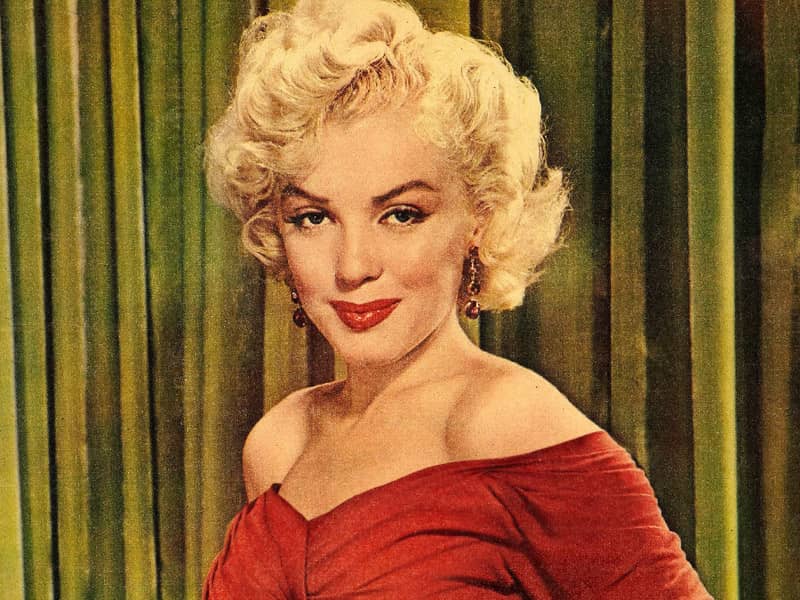If The New York Times is going to assert that evangelicals “don’t like Mormons,” then they should at least get their facts straight.
Mormonism may borrow a Christian name, as in the Church of Jesus Christ of the Latter Day Saints (LDS), but the basic tenets of the two faiths show that they are not the same.
The problem is that the media and the general public don’t understand Mormonism, don’t care, or are afraid to criticize it. The only people who’ve come out differentiating between Mormonism and Christianity are evangelical Christians—because they know whom they are and who they are not—and that matters. Who we say we are goes to the core of our humanity.
Just review the fundamental teaching of the LDS, which emphasizes that:
- God and Jesus Christ appeared to humankind in modern times
- There was an apostasy of the true church
- Joseph Smith was a prophet of God
- The Book of Mormon is the word of God
- The Church of Jesus Christ was restored by the creation of the Mormon church
All evangelicals reject this belief system because it directly opposes what the Bible teaches and is therefore false.
Evangelicals believe that:
- The Bible is the only word of God.
- Jesus Christ is the only Son of God, yet he is also part of the triune Godhead.
- Baptism is not a prerequisite for salvation and baptism of the dead is not biblical. Salvation rests solely in Christ’s work on the cross.
- There is one heaven, which is an intermediate state where the souls of believers are with Christ until he returns and creates a “new heaven and new earth.”
Mormons reject this belief system because it not found in the Book of Mormon. As they argue themselves, “All the [LDS] Church stand[s] or fall[s] with the truthfulness of the Book of Mormon. The enemies of the [LDS] Church understand this clearly. This is why they go to such great lengths to try to disprove the Book of Mormon, for if it can be discredited, the Prophet Joseph Smith goes with it.” (Conference Report, Oct. 1986, 5; or Ensign, Nov. 1986, 6).
The problem with false teachers, false religions, and false claims, is that they masquerade as something that they are not. That is why they are false. In America, if you want to believe that a man in 1830 chose to erase nearly two thousand years of historic Christianity, the largest faith in the world, based solely on his claims, you are free to do so. But calling yourself a Christian—when you know full well that you reject the very premise of what the Bible teaches—is disingenuous.
Calling evangelicals "bigoted," "anti-Mormon," or "hostile" is just a straw man tactic. It’s also an example of the reverse discrimination that evangelicals face. When they speak about what they believe, they are labeled or attacked by someone who doesn’t like what they have to say, disagrees with them, or doesn’t understand them.
What if evangelicals started claiming to be Jewish? Or Buddhist? Wouldn’t Jews or Buddhists want to differentiate between what they knew to be a faith that was different than their own?
The real issue is about telling the truth.
Evangelicals aren’t going to vote for a candidate based solely upon his/her religion—but they are going to say, “Hey, wait a minute—this guy is claiming that his faith isn’t in conflict with traditional Christianity and we know this isn’t true. If this is what he says about his very identity, then nothing he says can be trusted.”
Bethany Blankley is a Religion and Politics Analyst. Learn more about her at bethanyblankley.com.

